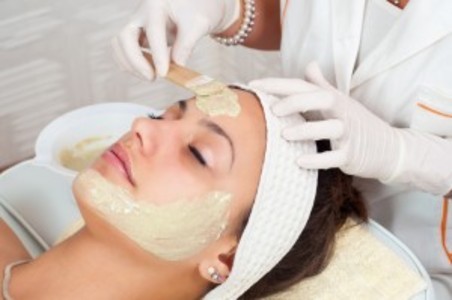Hormones and Facial Hair!
Posted on: November 1, 2017

There is a direct correlation between hormones and women's facial hair. Hirsutism is the medical term for excessive hair growth in areas of the body where hair is typically minimal. The face is one area that can be affected in women with hirsutism.
Women's hormones are a common culprit behind women's facial hair. High levels of testosterone can cause hirsutism. Medical problems that cause abnormally high levels of testosterone include polycystic ovarian syndrome, adrenal hyperplasia, Cushing syndrome, adrenal or ovarian tumors, and obesity. Therefore, it is important to consult a physician to test for the cause of the unwanted women's facial hair. Some medical conditions may need medical treatment in addition to skin care.
It is important to use skin care products targeted for excessive hair growth. Hormones and women's facial hair can be improved by a regimented skin care routine. Vaniqa is an eflornithine hydrochloride prescription cream that inhibits the enzyme for hair growth and is a helpful product to add to the skincare routine. Some skin care products do not target women's hormones, but instead, lessons the appearance of the facial hair. Over the counter, facial hair bleaching products can help camouflage the hair with the skin in between shaving or waxing. Since any irritation of skin can cause skin break down and increased hair growth, it is important to use gentle yet adequate moisturizers for skin care. Aveeno or Eucerin are affordable moisturizers found in the skincare aisle of most drug stores. Regardless of which skin care products are used, it is important to follow up with any required medical treatments.
Sometimes the excess hair growth is not reversible even after treating the underlying imbalance of women's hormones. Medical treatment may prevent new hair growth, but one still has to remove the facial hair that has already grown. In that case, laser therapy or electrolysis may be more permanent hair removal options.


